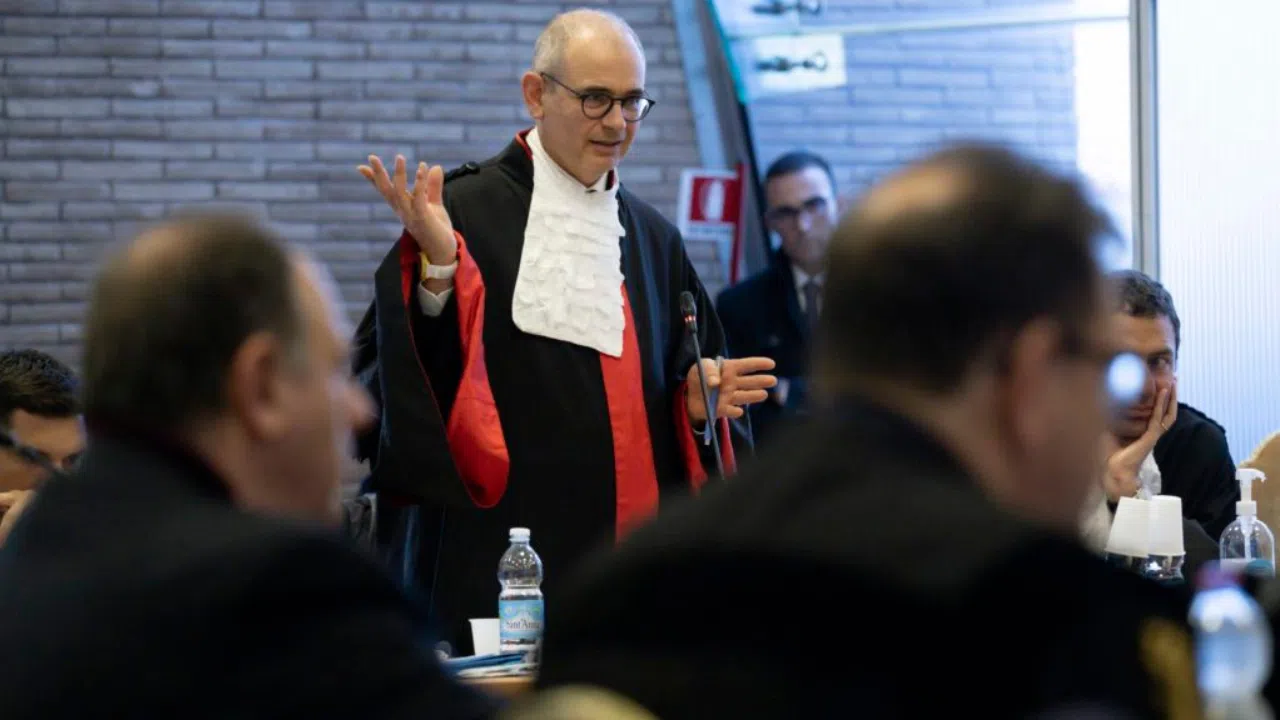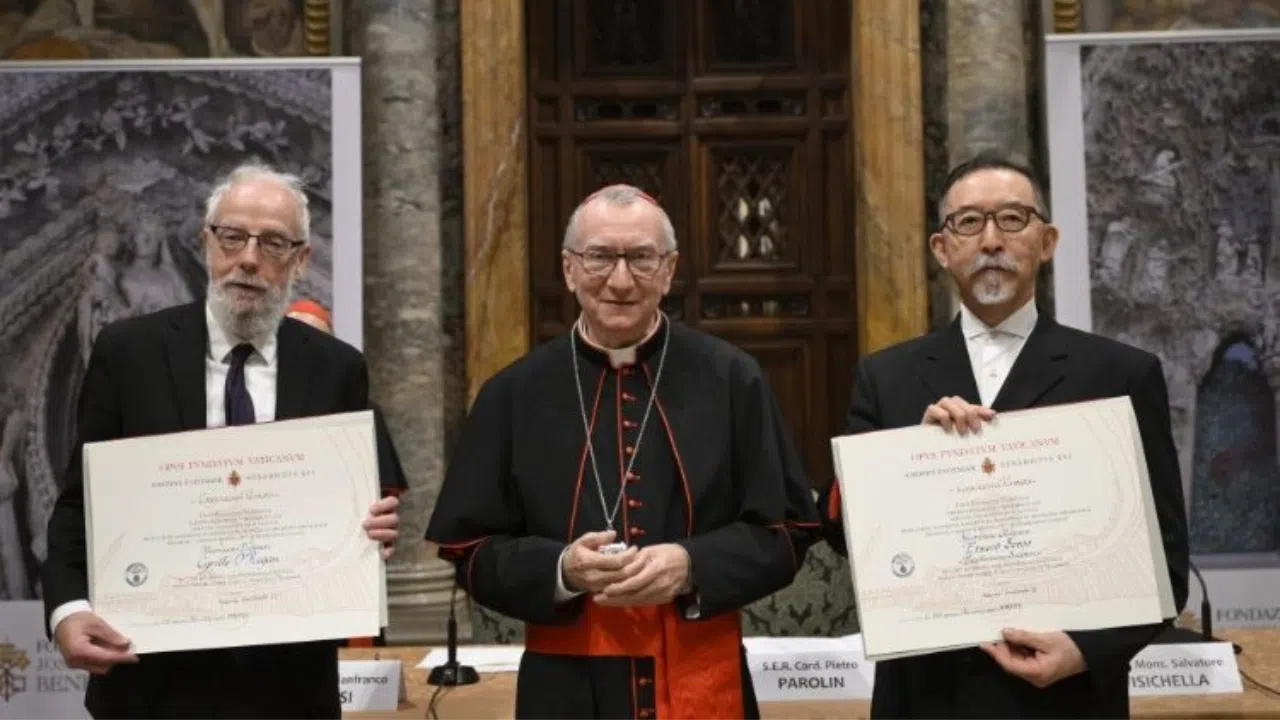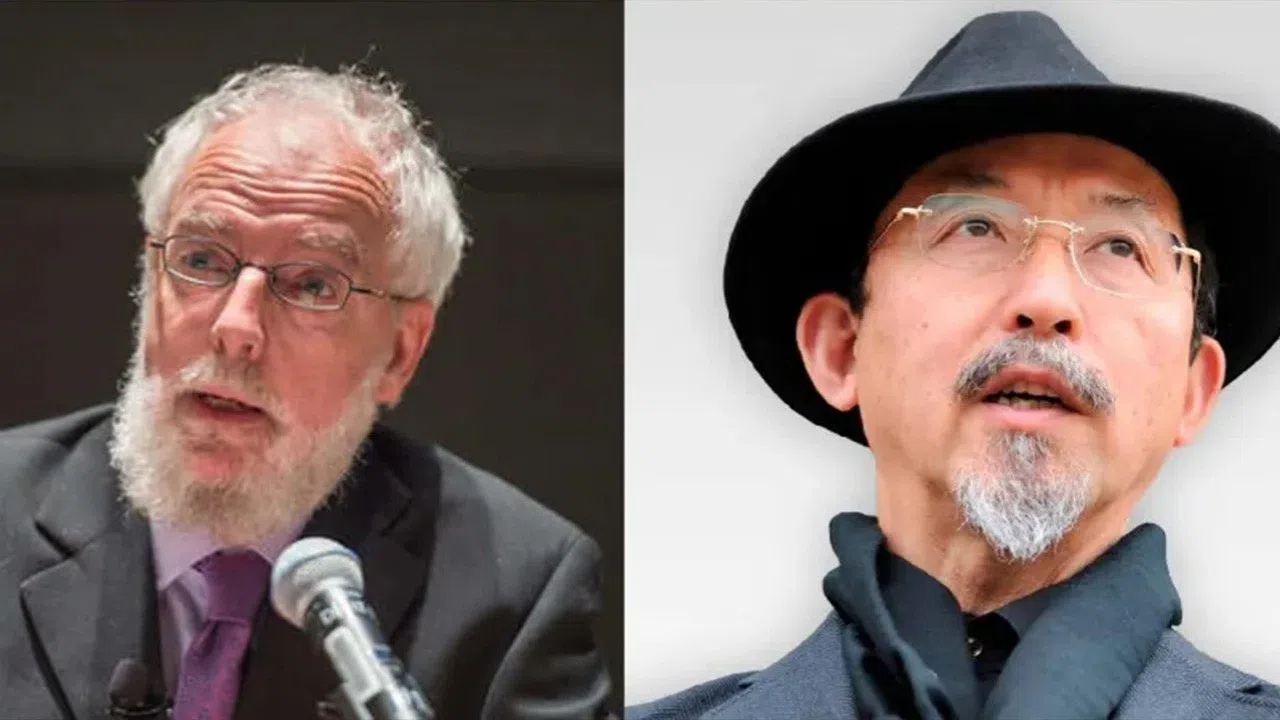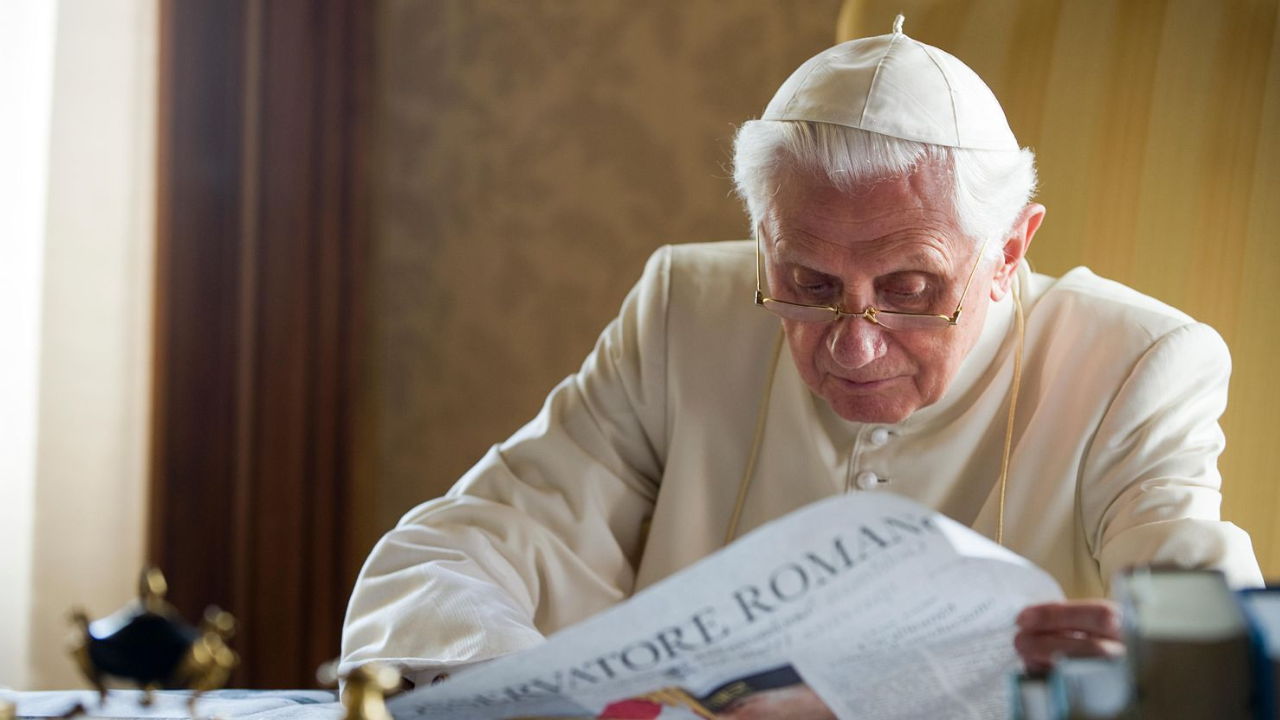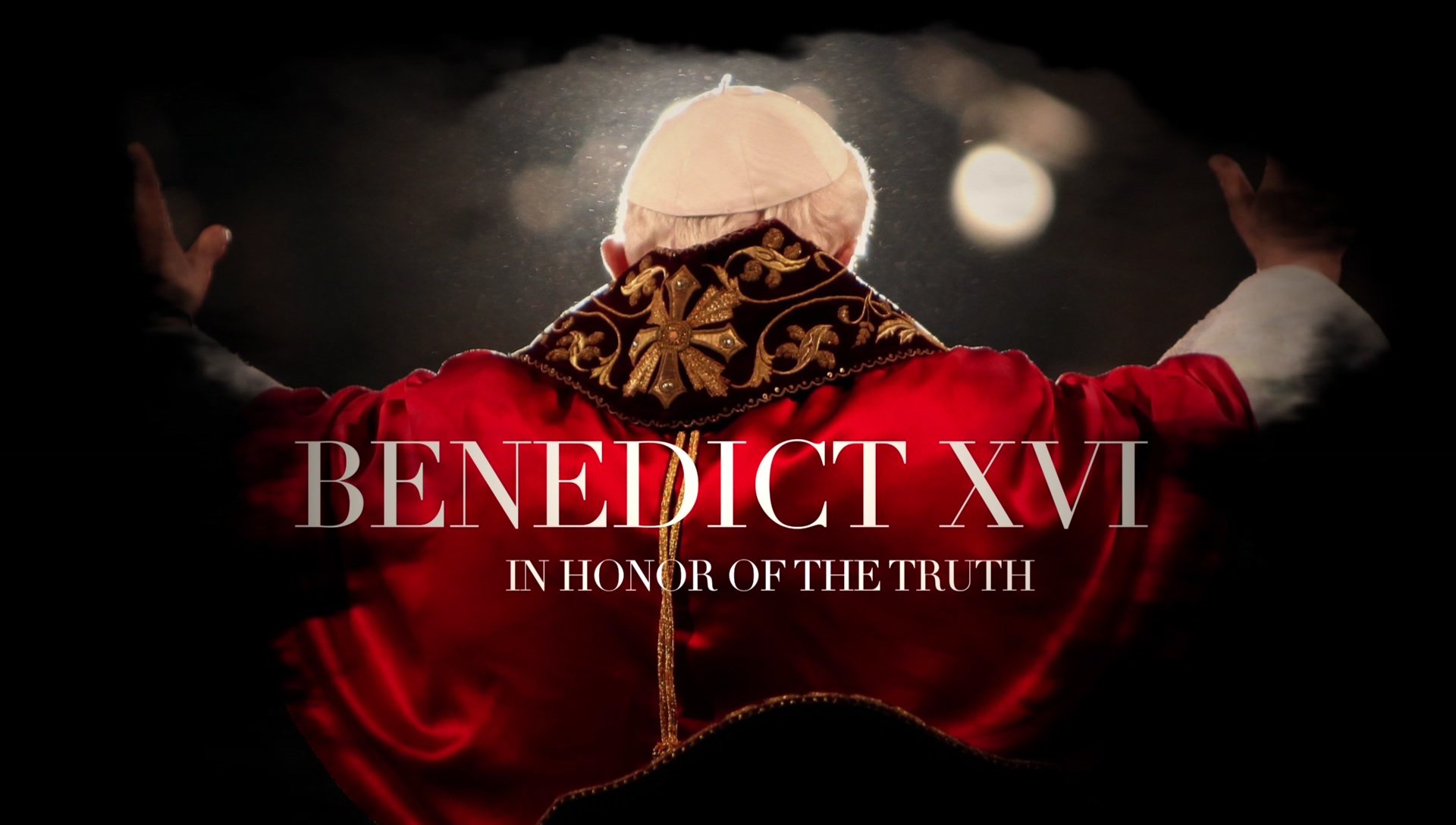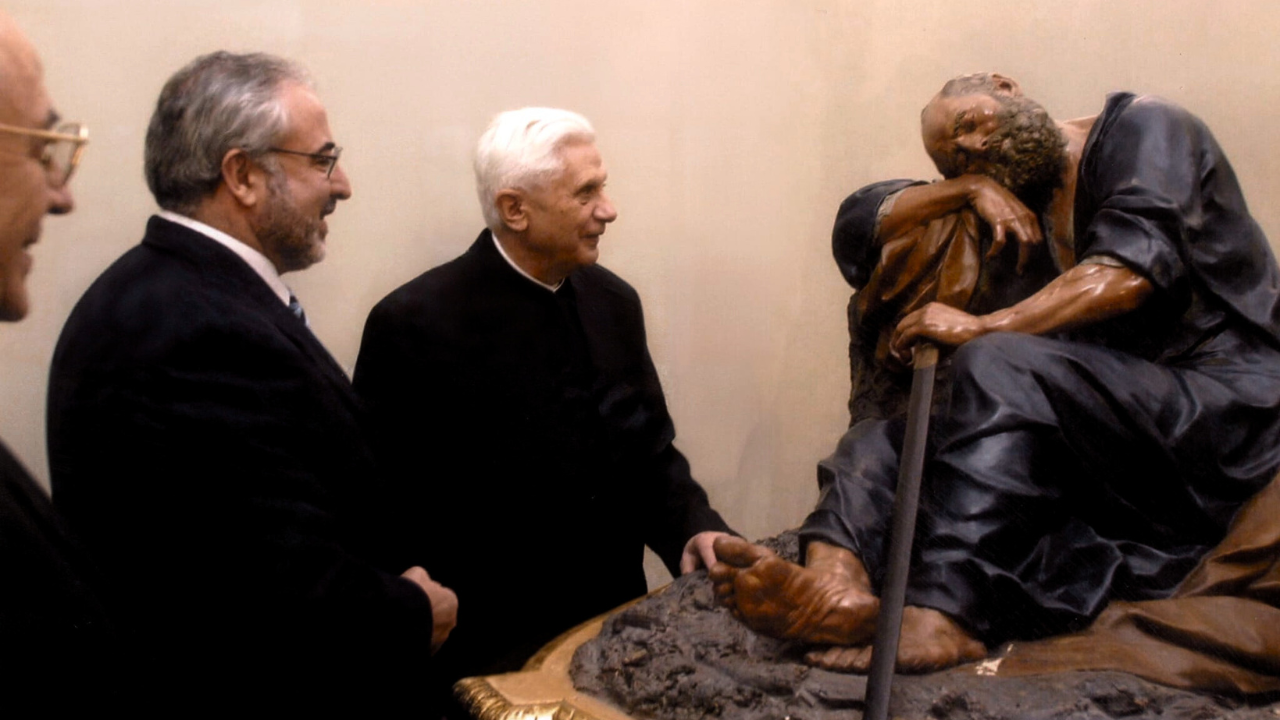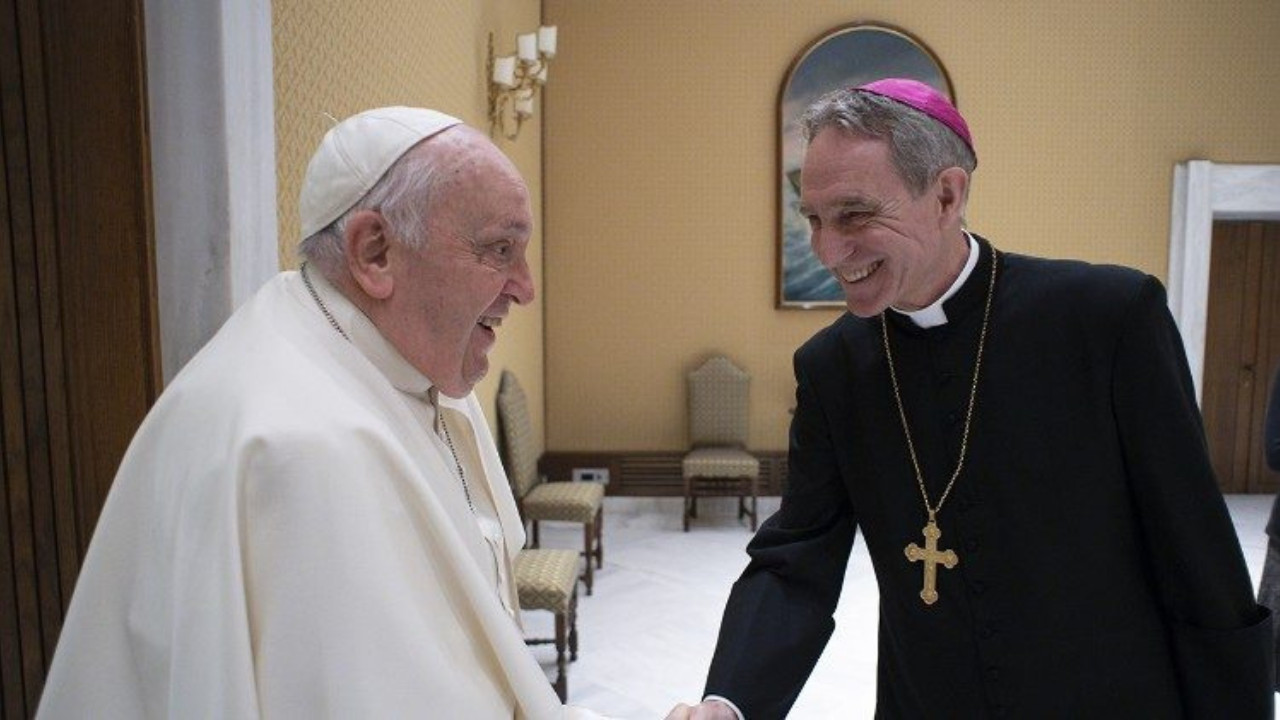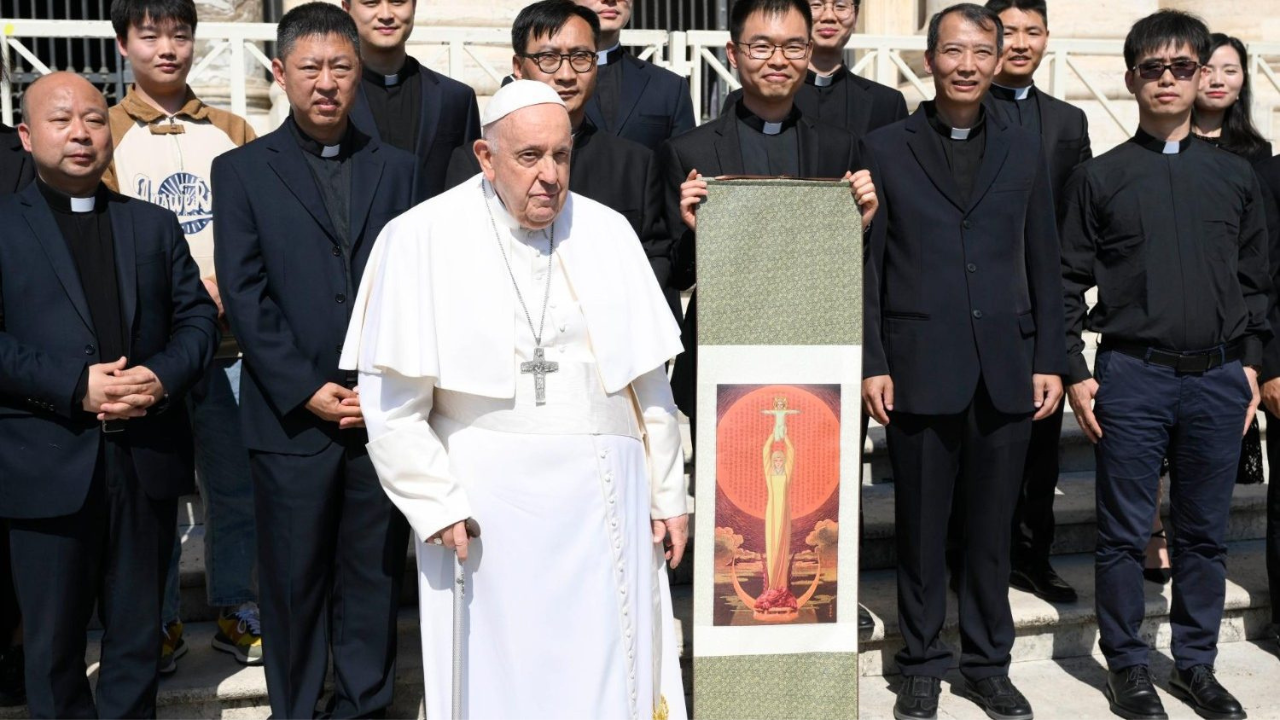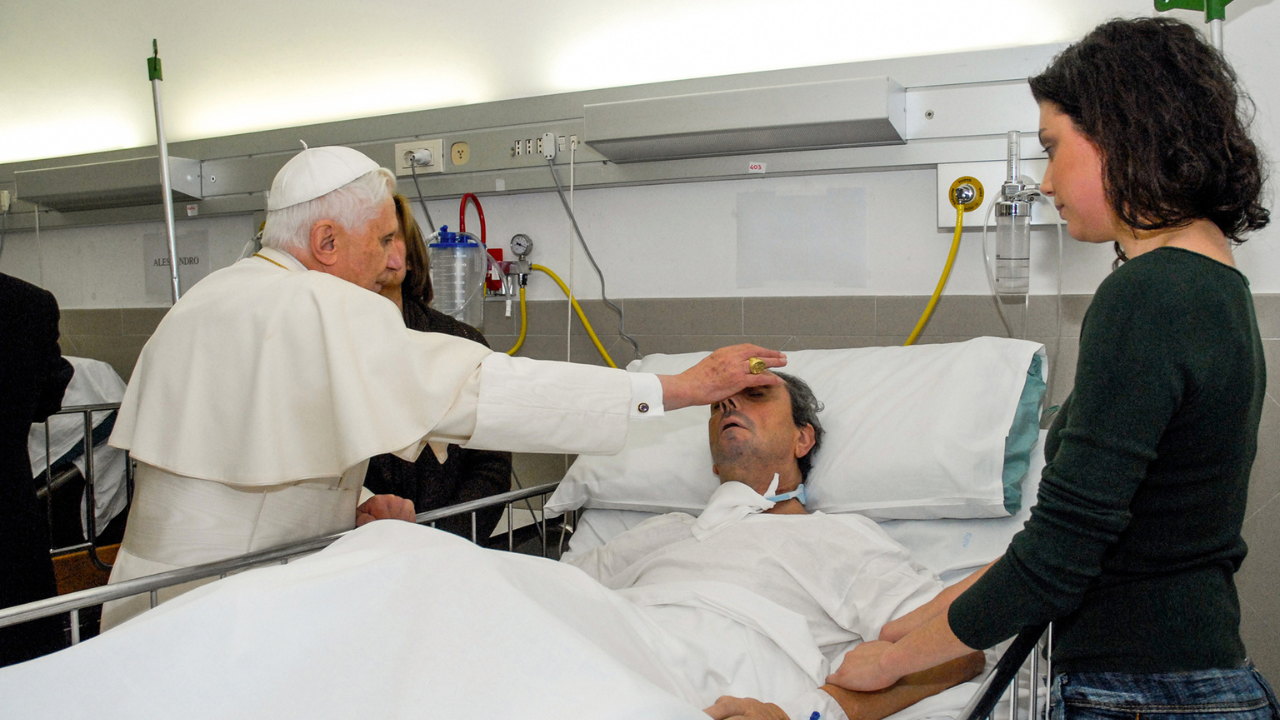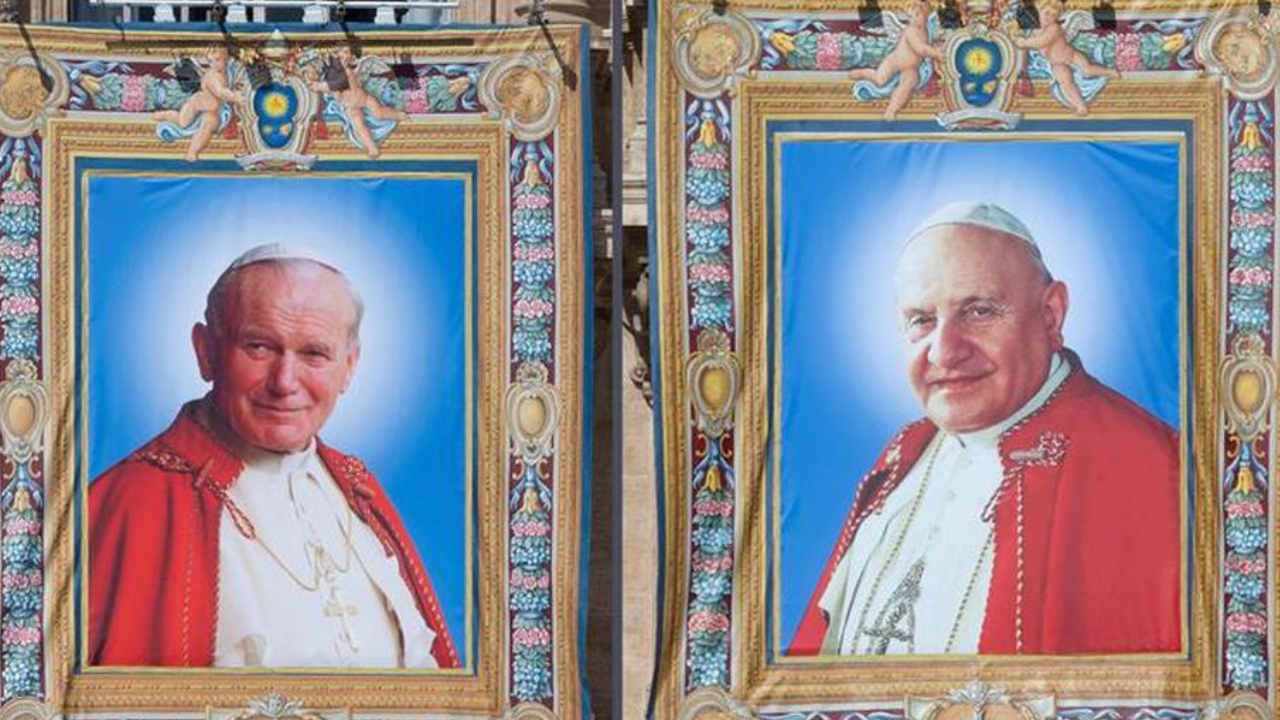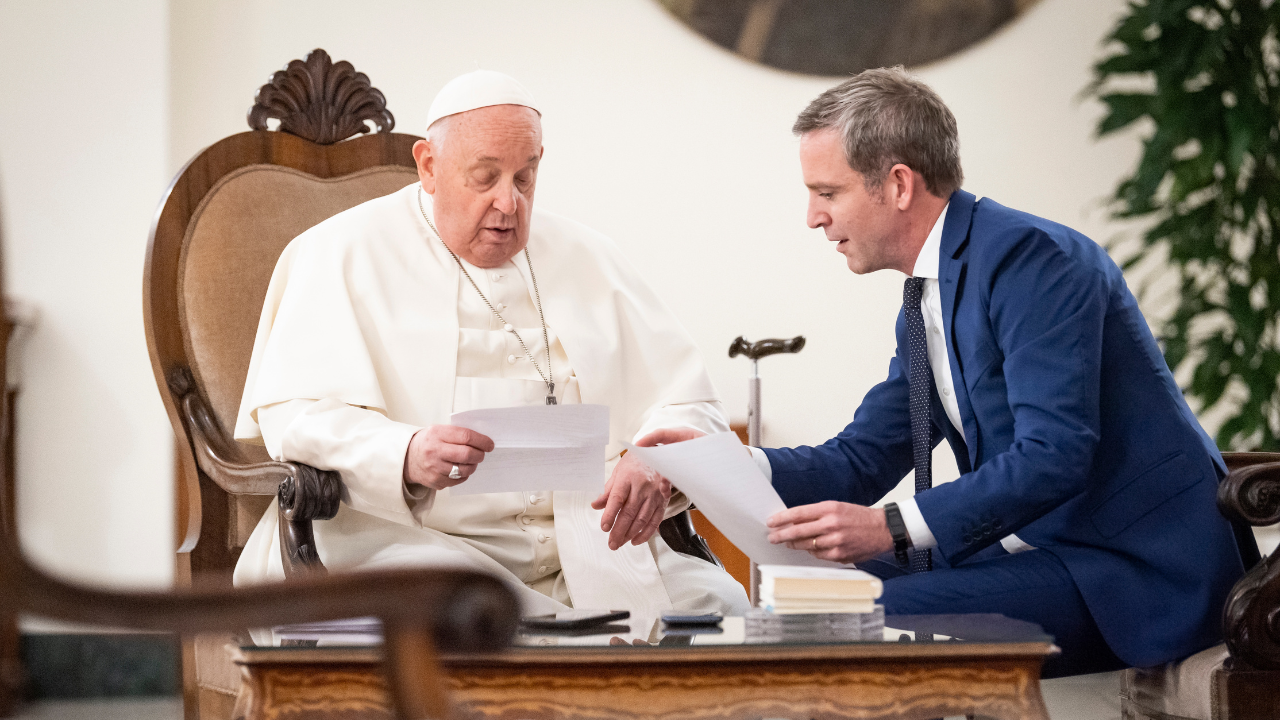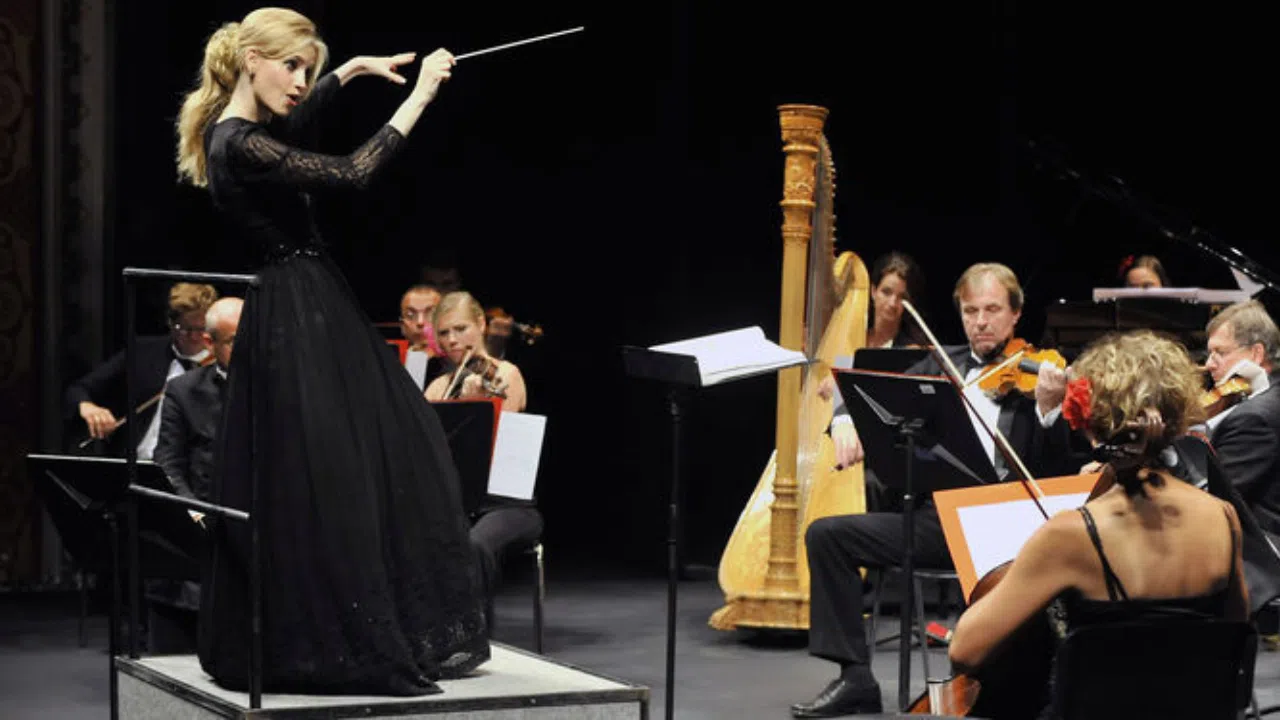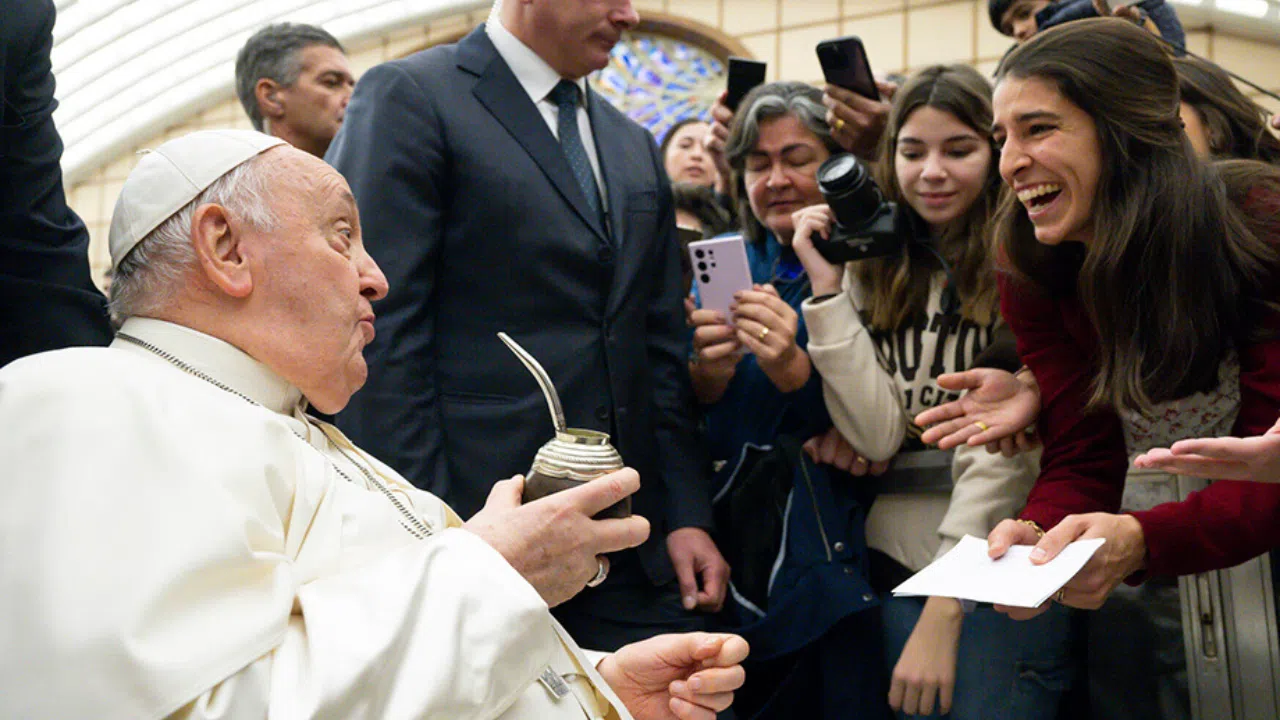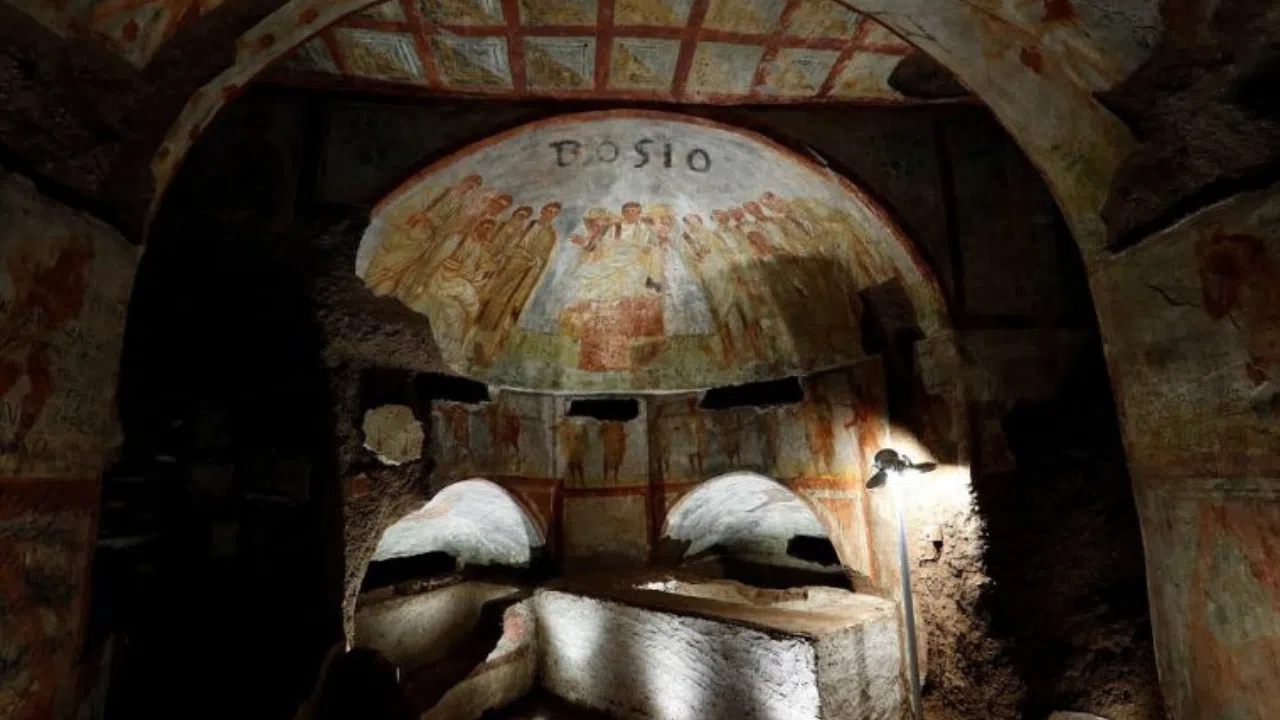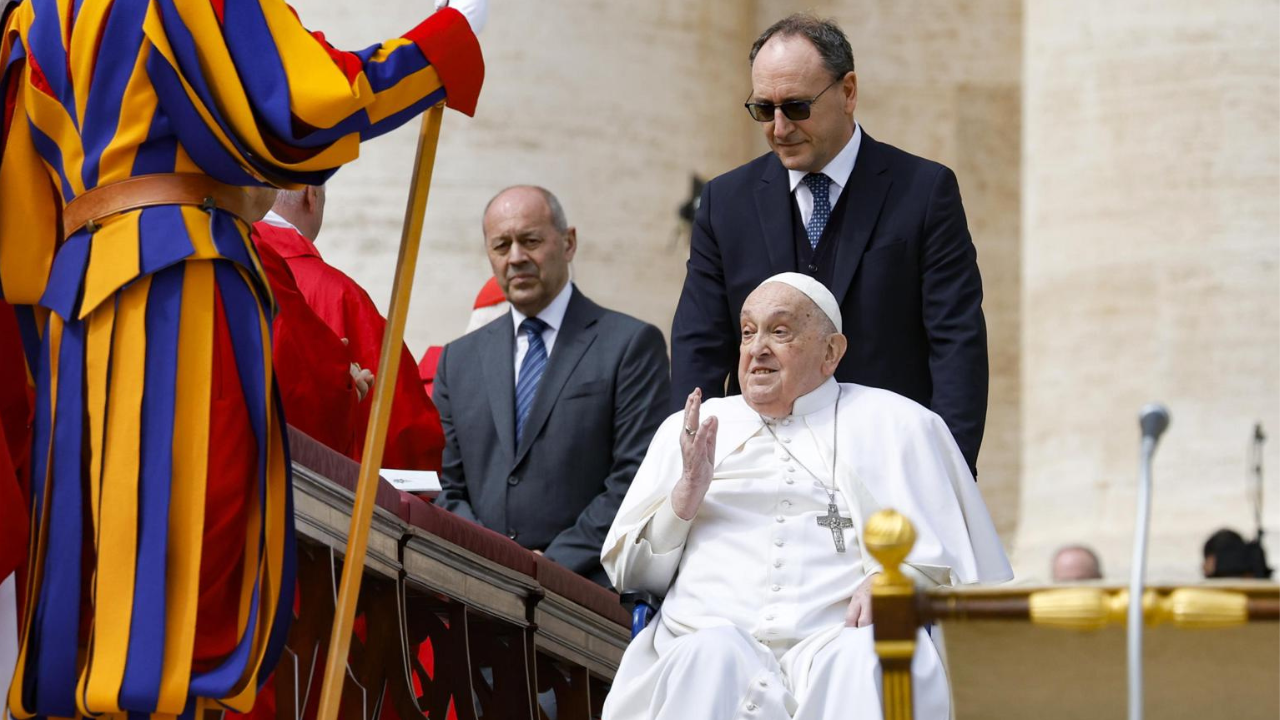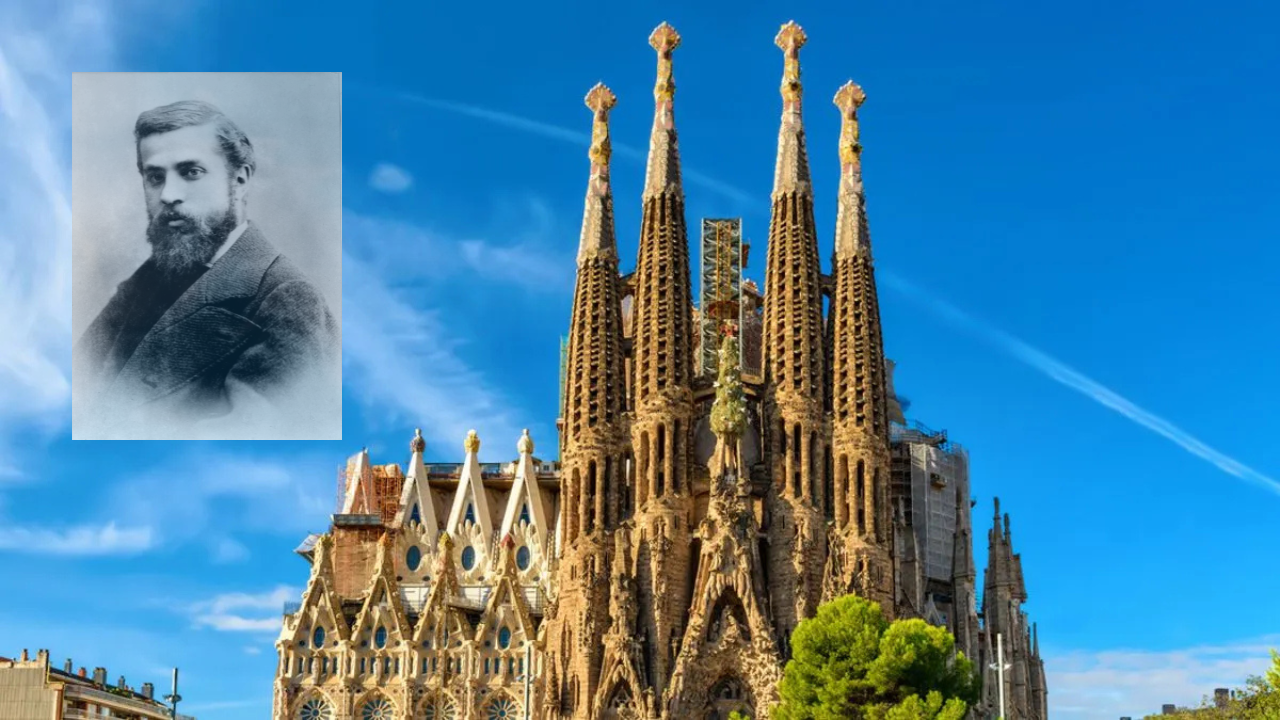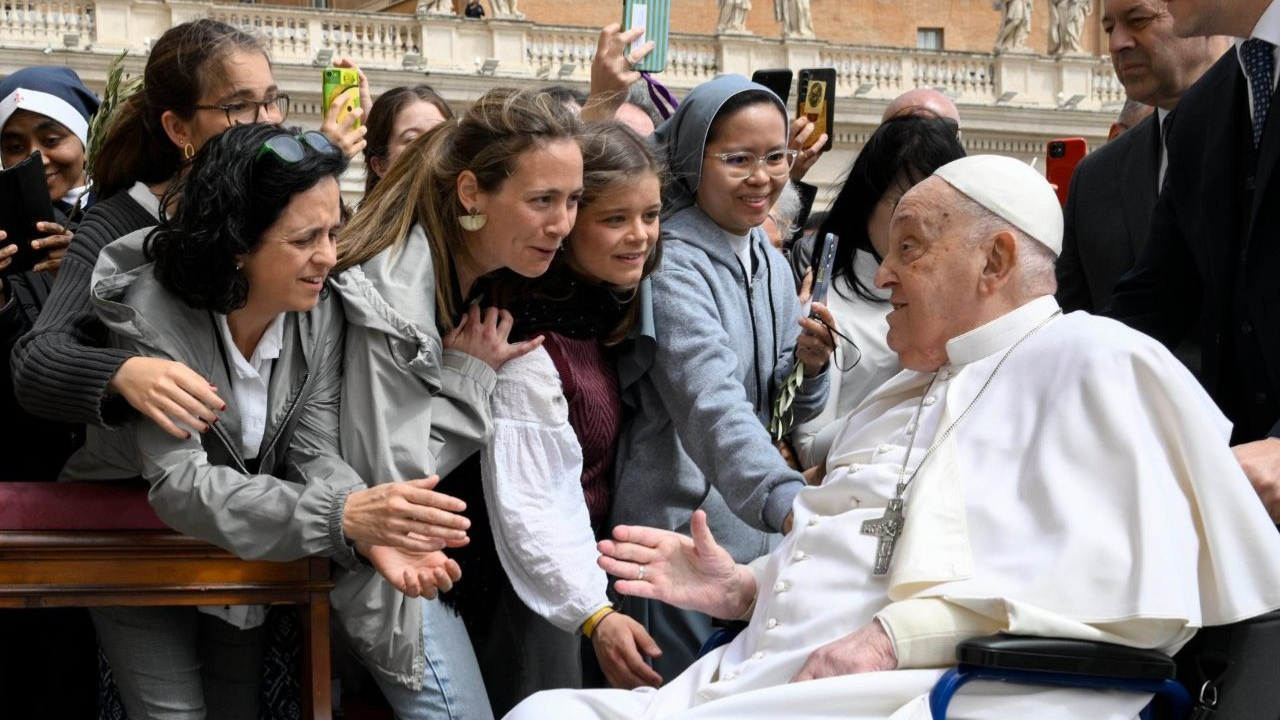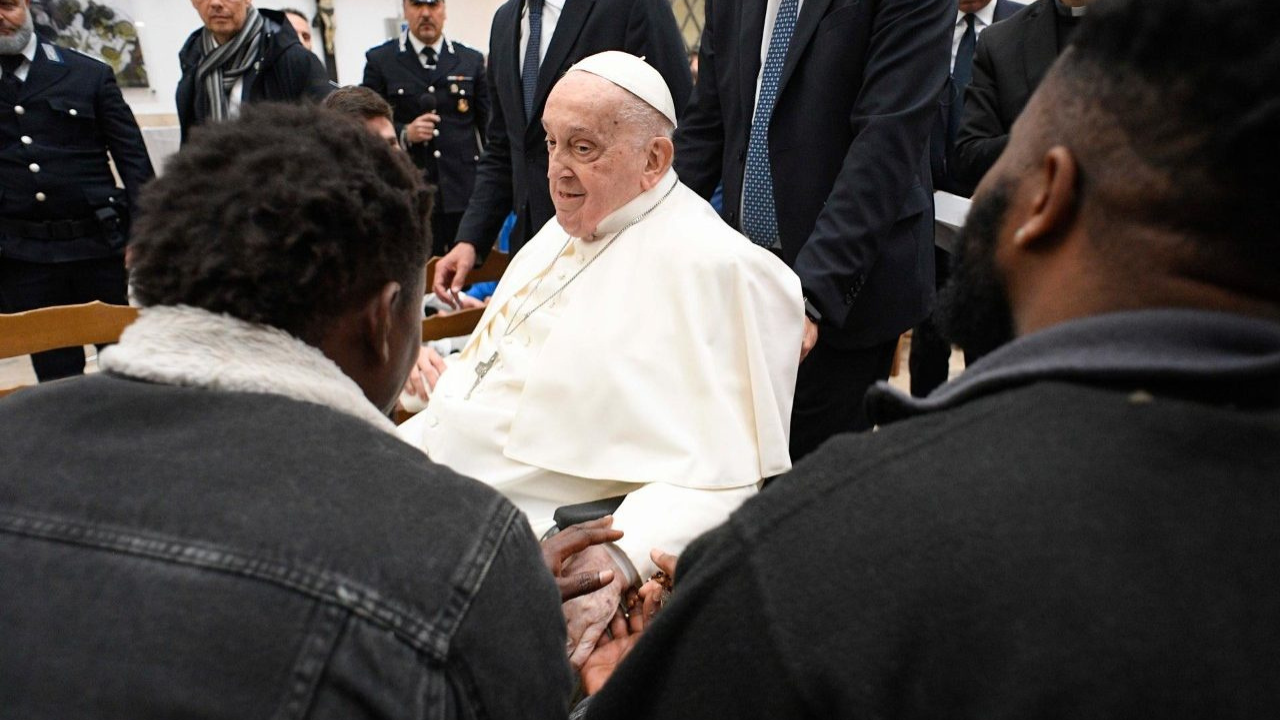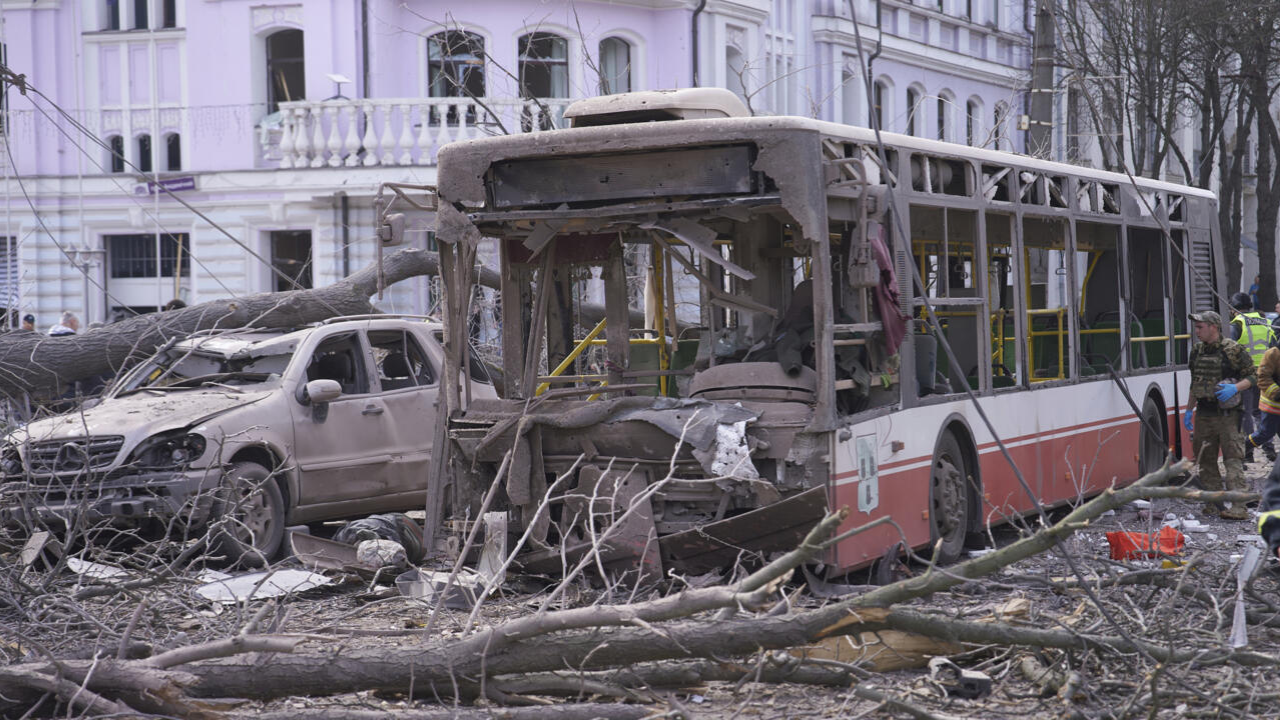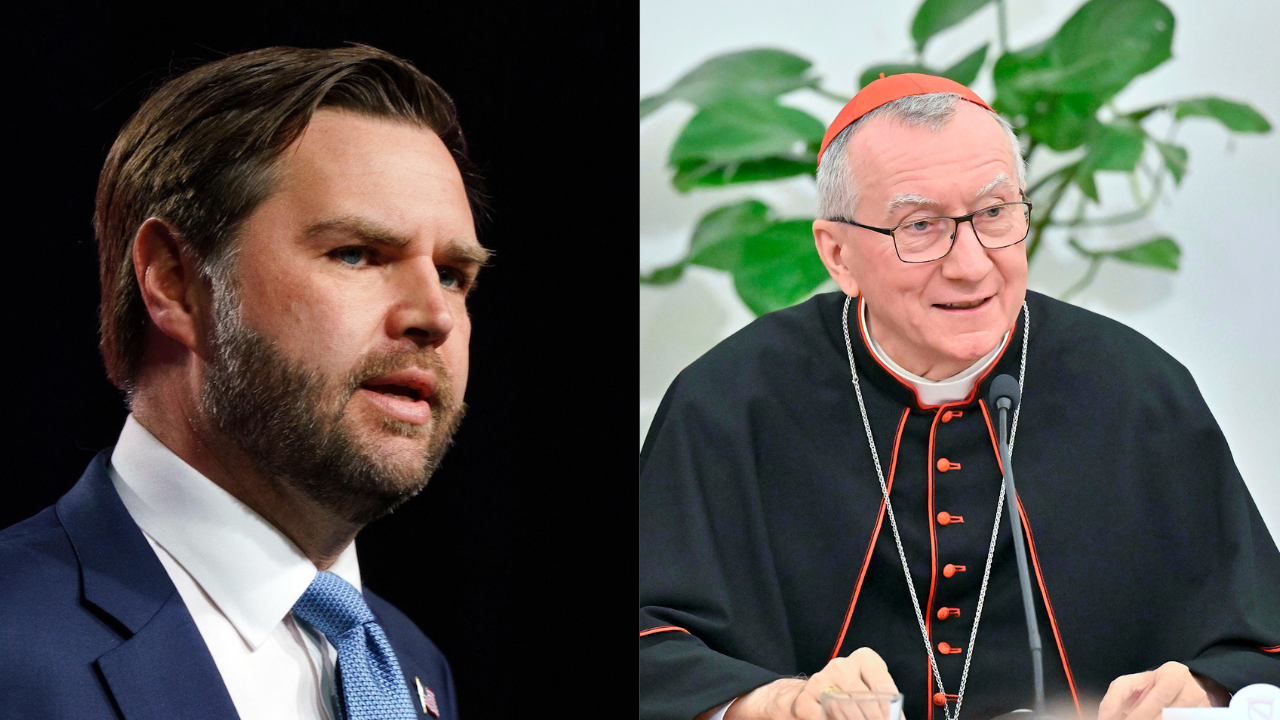Several years have passed since Pope Benedict XVI's resignation. The decision that shocked so many at the time has now become peacefully accepted by all.
POPE BENEDICT XVI
“My strengths, due to an advanced age, are no longer suited to adequately exercise the Petrine ministry”
With the election of a new pope, people were initially worried when they saw two successors of St. Peter together.
The presence of the pope emeritus in the Vatican is now a normal occurrence. One of Pope Francis' first actions after his election, was to go and greet the pope emeritus.
Even when Pope Francis appoints new cardinals the first thing they do is greet Pope Benedict XVI.
Now that his presence is better understood, clarifying it's theological and legal significance is necessary to avoid future misunderstandings.
ROBERTO REGOLI
Author, “The Pontificate of Benedict XVI”
“The reigning pope could make an apostolic constitution or, in any case, a binding legal document, to define, delineate and clarify the functions of the pontiff emeritus.”
Roberto Regoli wrote Pope Benedict XVI's biography. He also directs the history department of the Pontifical Gregorian University in Rome.
To show the novelty of Pope Benedict's position, one must remember that in the past, if a pope resigned he returned to his status before the conclave. In some cases, they even stopped being cardinal.
ROBERTO REGOLI
Author, “The Pontificate of Benedict XVI”
'When the pope concluded his ministry, he returned to his previous status, and the previous situation of Pope Celestino V, Peter of Morrone, was that of a hermit.”
“Years later, when he was canonized, the Church did not call him St. Celestino V, instead they used St. Peter of Morrone.”
Over the centuries, some popes have publicly expressed their position on what the status of a pontiff is if they resign. For example, Pope Pius XII did so.
ROBERTO REGOLI
Author, “The Pontificate of Benedict XVI”
“There was a new change in the 20th century. When Pope Pius XII feared a Nazi invasion of the Vatican, he prepared his resignation. He said if he was kidnapped or arrested, the Nazis would not take Pope Pius XII, they'd take Card. Pacelli. It is an evolution. The pope would not just become a bishop again, he would also become a cardinal again.”
By taking this decision Pope Benedict XVI made it definitive that bishops over the age of 75 could retire and become 'bishops emeritus,” as was delineated in the Second Vatican Council. This was not possible before.
Pope Benedict XVI had to decide in just a few days what his status would be after the resignation. During the 17 days between the announcement of his resignation and its implementation, he made many important decisions. These included matters such as continuing to wear white, residing in the Vatican, and limiting his public activity. In addition, he explained the theological meaning of his resignation.
POPE BENEDICT XVI
Feb. 24, 2013
“The Lord is calling me 'to scale the mountain,' to devote myself even more to prayer and meditation. But this does not mean abandoning the Church; indeed, if God asks me this it is precisely so that I may continue to serve it with the same dedication and the same love with which I have tried to do so until now, but in a way more suited to my age and strength.”
This is the last great lesson from the professor pope, who is teaching his successors what the role of the pope emeritus is all about.
However, out of prudence, it is worthwhile to establish official legislation on both the procedure of resignation as well as the rights and status given to future emeritus popes.
